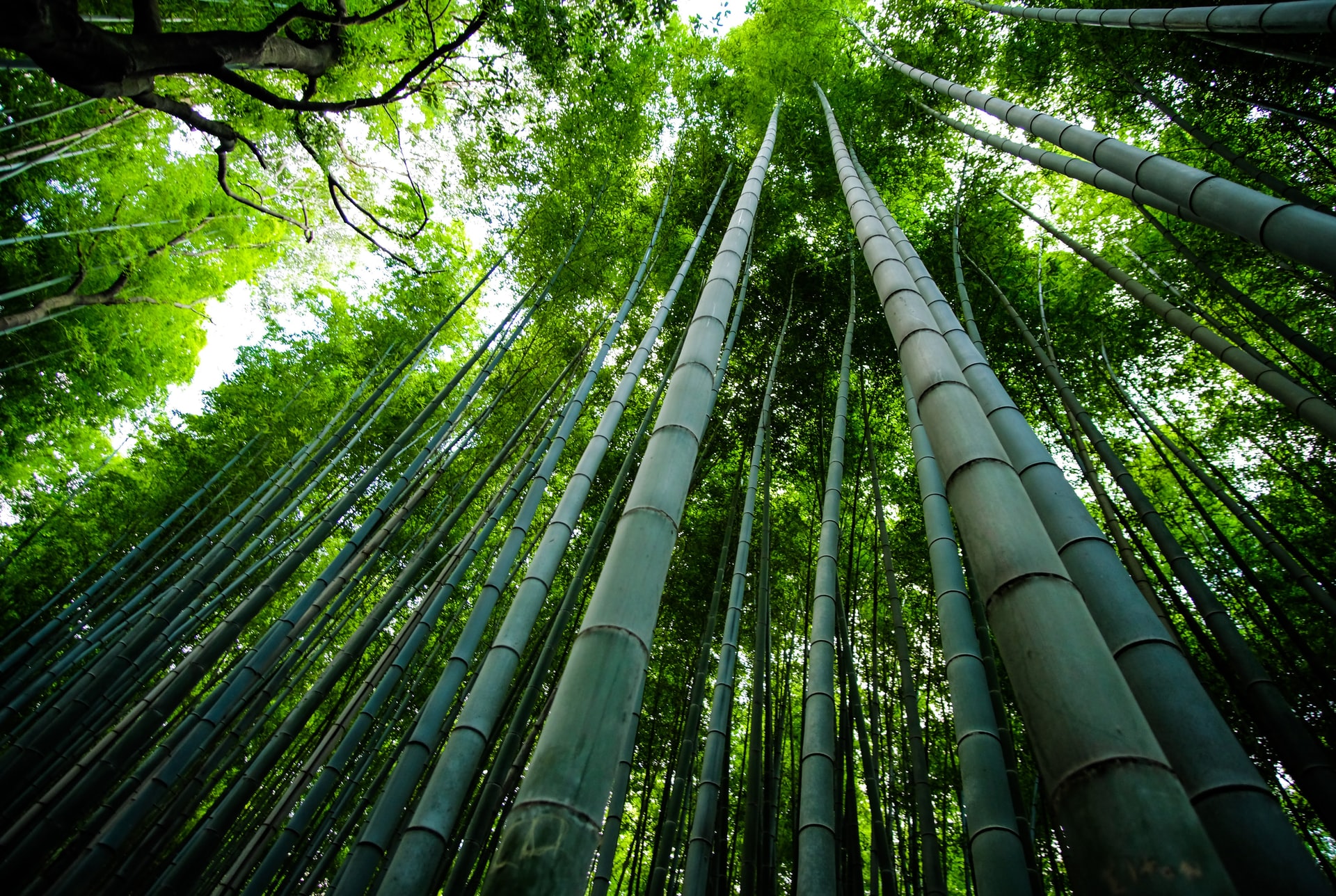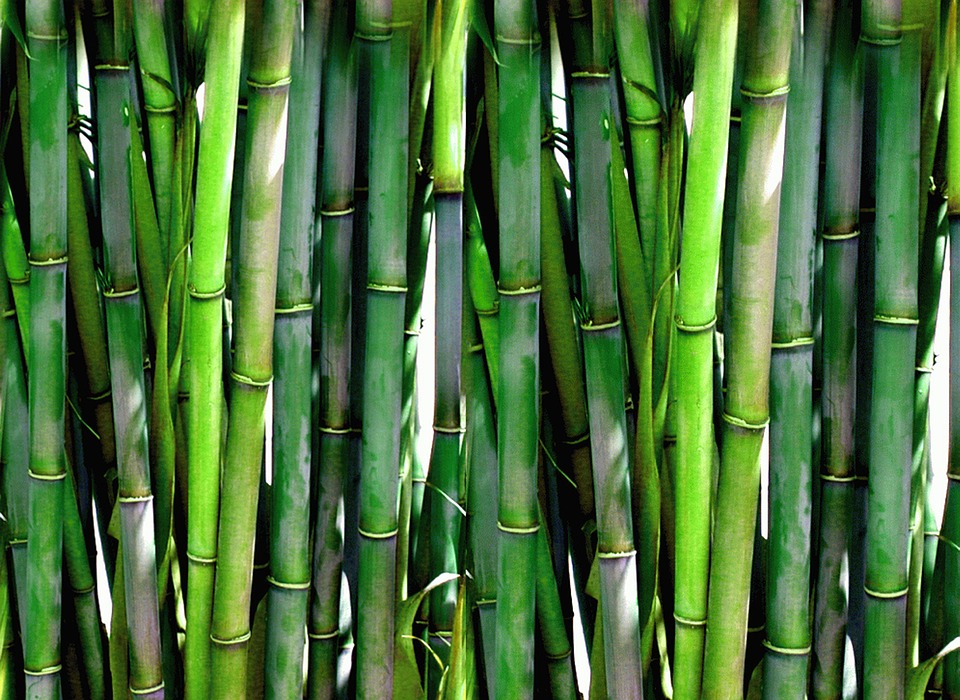Last week Canada’s British Columbia province which is famous for its heavenly mountains and coastline was severely hit by the drastic floods and forced about 17,000 civilians to leave their homes and seek a safer destination.

Global plastic accumulation reached 8.3 billion tonnes since the 1950s (UNEP, 2019). In the efforts to decarbonize our society and economy, Bamboo can play a major role against climate change, rising as a valuable sustainable resource. It can be used in construction, can replace plastic in daily-use products, while providing a robust economic framework for farmers and in sequestering CO2 from the atmosphere.

Climate change is adversely affecting our planet by causing extreme weather events like heat waves, tropical storms, forest fires, bringing alterations in crop production etc.

India, with approximately 140 bamboo species, has a huge diversification in its bamboo varieties and ranks second globally after China. Bamboo, a tree like grass, is a natural raw material and has a very rapid growth rate.

Government is promoting bamboo cultivation. Experts are calling bamboo ‘green gold’ for the farmers as bamboo farming is one of the most profitable crops. The specialty that bamboo crop hold is that it does not get spoiled in any season and hence does not require any special maintenance.

 Technology is a useful servant, but a dangerous master, it was rightly said. Electronic devices have grown into an inevitable part of our daily lives.
Technology is a useful servant, but a dangerous master, it was rightly said. Electronic devices have grown into an inevitable part of our daily lives.


